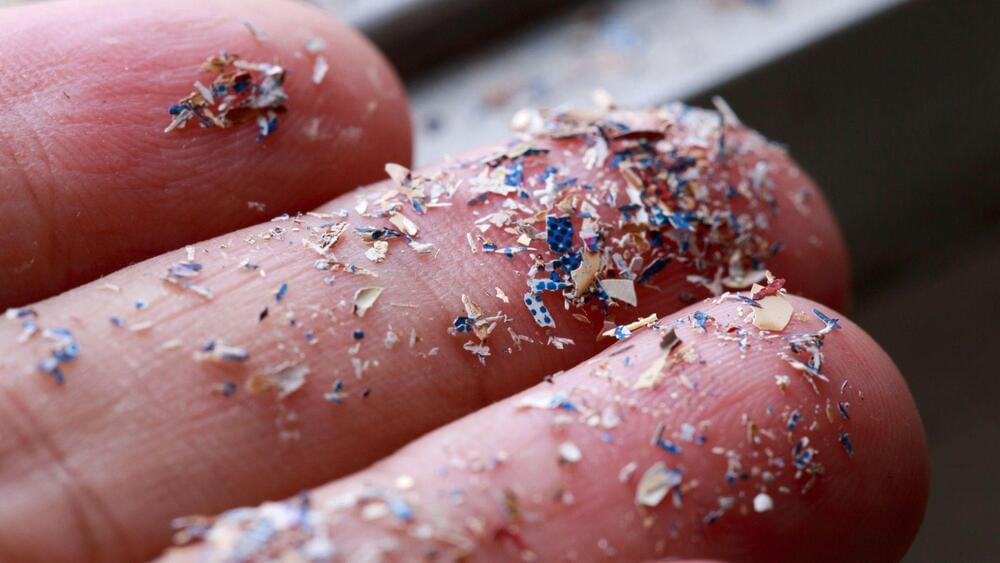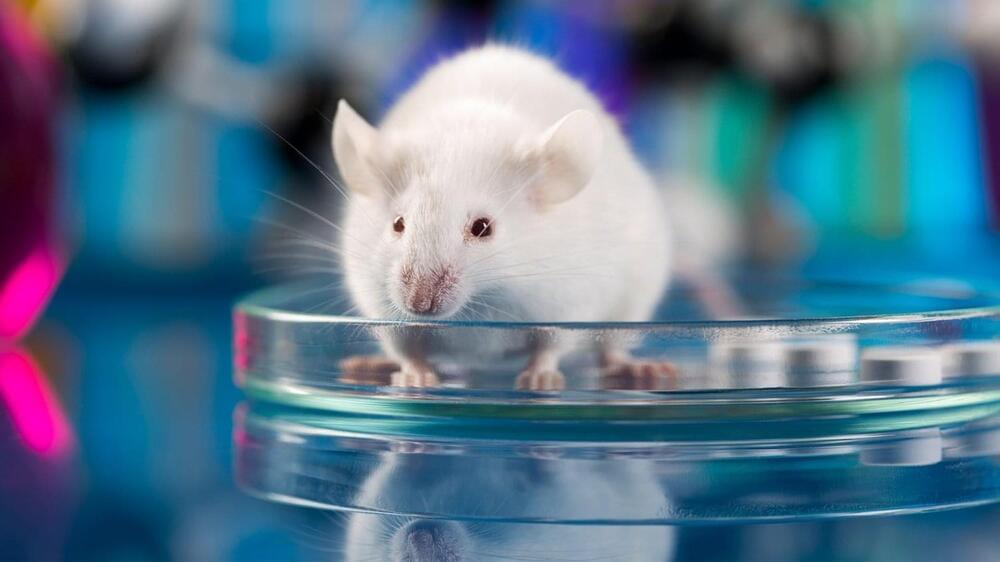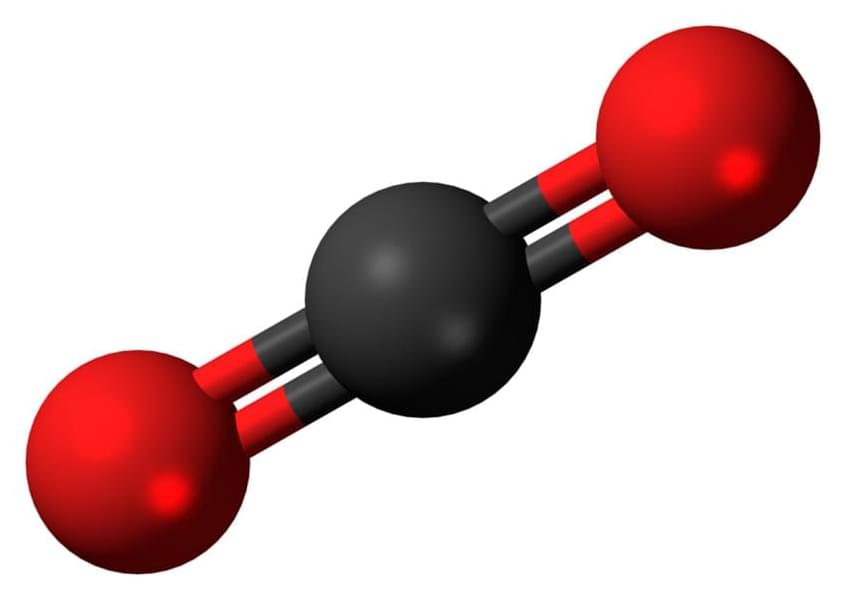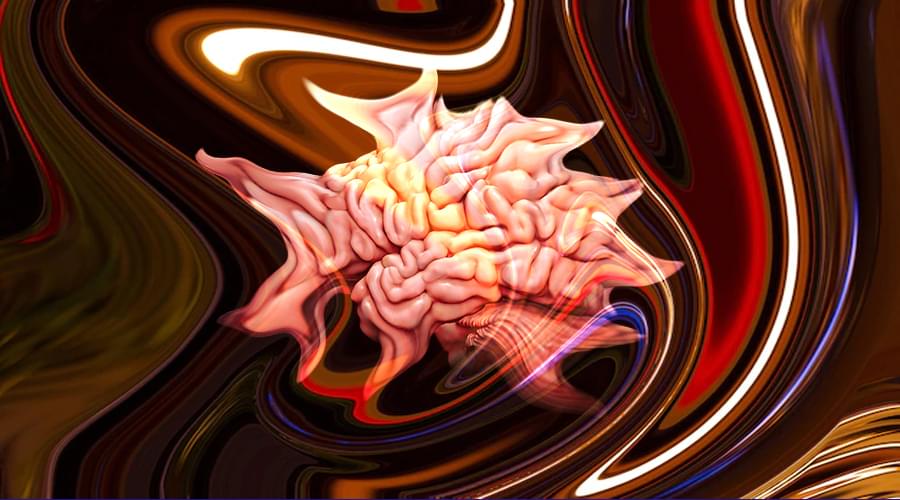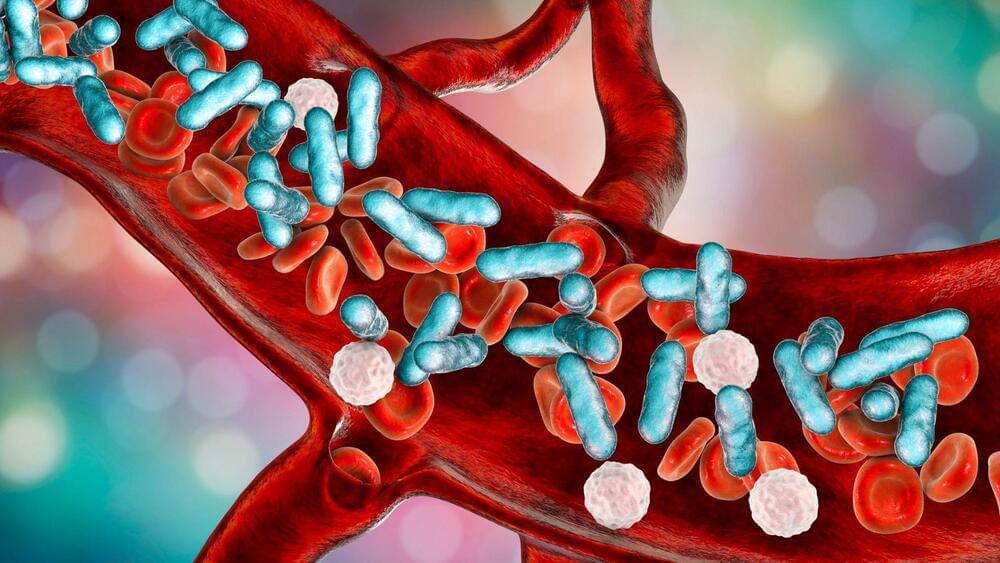This blog post was co-authored with Guy Eyal, an NLP team leader at Gong.
TL;DR: In 2022, large models achieved state-of-the-art results in various tasks and domains. A significant breakthrough in natural language processing (NLP) was achieved when models were trained to align with user intent and human preferences, leading to improved generation quality. Looking ahead to 2023, we can expect to see new methods to improve the alignment process (such as reinforcement learning with AI feedback), the development of automatic metrics for understanding alignment effectiveness, and the emergence of personalized aligned models, even in an online manner. There may also be a focus on addressing factuality issues as well as developing open-source tools and specialized compute resources to allow the industrial scale of aligned models. In addition to NLP, there will likely be progress in other modalities such as audio processing, computer vision, and robotics, and the development of multimodal models.
2022 was an excellent year for machine learning, with numerous large language models (LLMs) published and achieving state-of-the-art results across various benchmarks. These LLMs demonstrated their superior performance through few-shot learning, surpassing smaller models that had been fine-tuned on the same tasks [1–3]. This has the potential to reduce the need for specialized, in-domain datasets. Techniques like Chain of Thoughts [4] and Self Consistency [5] also helped to improve the reasoning capabilities of LLMs, leading to significant gains on reasoning benchmarks.

